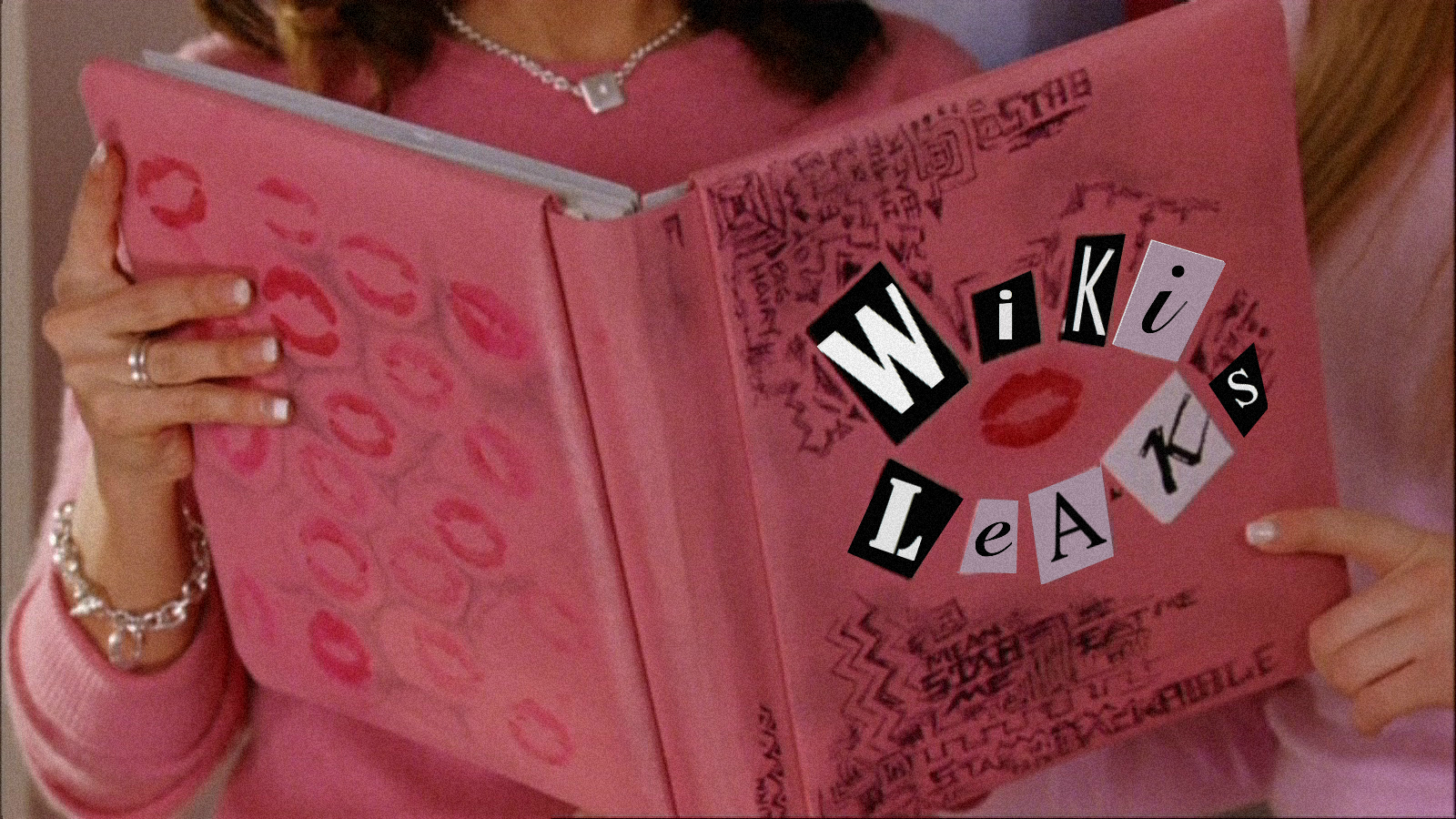 It’s been ages since I wanted to know what WikiLeaks was all about but I hadn’t been able to force my slothful rear end to do research. But now, thanks to Anaya and Lauren’s intriguing presentation, I feel capable of having a say in this current universal topic.
It’s been ages since I wanted to know what WikiLeaks was all about but I hadn’t been able to force my slothful rear end to do research. But now, thanks to Anaya and Lauren’s intriguing presentation, I feel capable of having a say in this current universal topic.
For those of you who (like myself a day ago) do not know what WikiLeaks is: it’s a non-profit organization of bean-spillers that (very gutsily) share private media with the public. The site’s published leaks have been significant enough to fill front-page news and have even faced potential criminal charges from the U.S. Department of Justice.
WikiLeaks, is to international politics what the vandalized bathroom stall in high school is to adolescent relations. They’re both full of secrets provided by anonymous sources that make those in power squirm in mortification as they watch their reputation burn. Instead of the prom Kings and Queens, we’ve got the likes of Vladimir Putin and Hillary Clinton having their soup spilled by others.
“Raise your hand if you have ever felt personally victimized by WikiLeaks.”
There has been a lot of backlash against WikiLeaks, especially from American politicians. The U.S. secretary of state, Hillary Clinton (pictured above), has previously been busted by the site as it published evidence that she had ordered diplomats to spy on the United Nations. Hence, it is not suprising that she would bitterly express her opinions towards the site. She has publicly stated that WikiLeaks is “an attack on the international community” and that the United States “deeply regrets” the disclosure of these confidential documents. Clinton speaks for all American politicians, as their reaction to the leaks is nothing short of fury. They’ve called on the site to be labeled as a Foreign Terrorist Organization, and have been trying to convince President Obama to take WikiLeaks to court.
But is WikiLeaks really so immoral? It is sort of amusing to see that these important people, who were once believed to be paragons of their country, are repeatedly being caught in the act. It is also ironic that the U.S. government can freely reveal private information belonging to other governments, or carelessly spy on them yet, when the tables are turned, it become so frail.
What we see here is yet another case of state vs. freedom of speech. In my opinion, I do believe that citizens deserve to know what is really being done by their governments, and are completely entitled to discuss their opinions.
What do YOU think though? Should WikiLeaks be permitted? Or should it be ran over by a school bus?
– Marko Kundicevic



